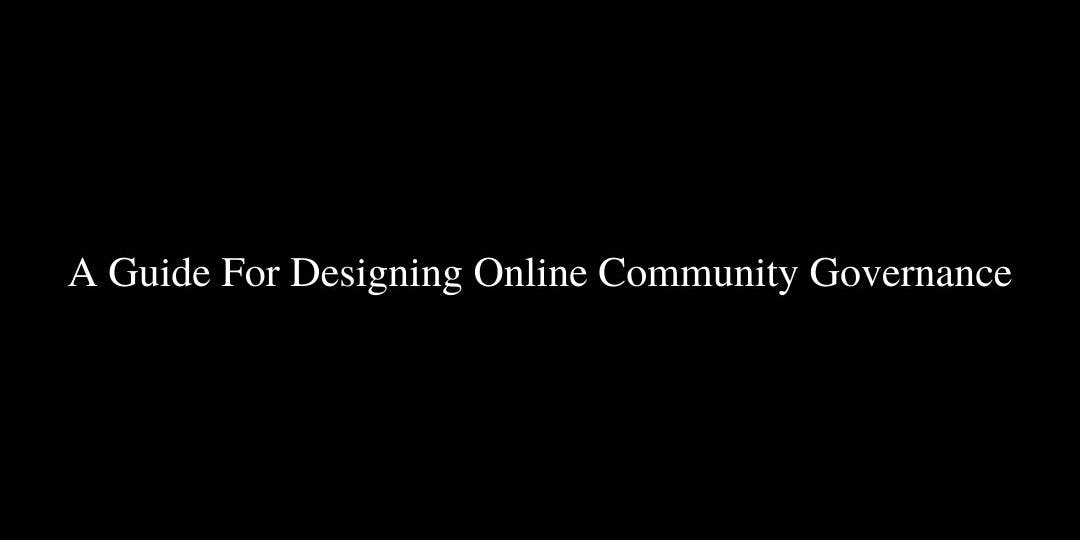In order to make creating DAOs seamless, a suite of governance templates that supports different objectives and structures needs to be in place to smooth the adoption curve and solve for mechanics design-project fit. Making the building blocks of token issuance and minting, incentive design, coordination, treasury, and community engagement more... See more

